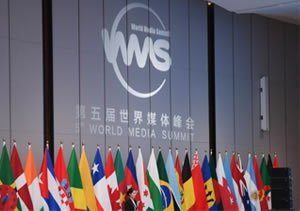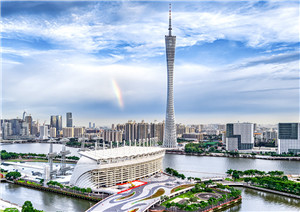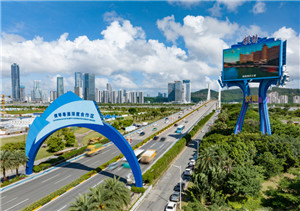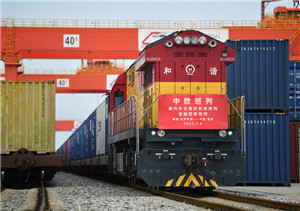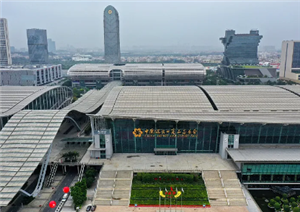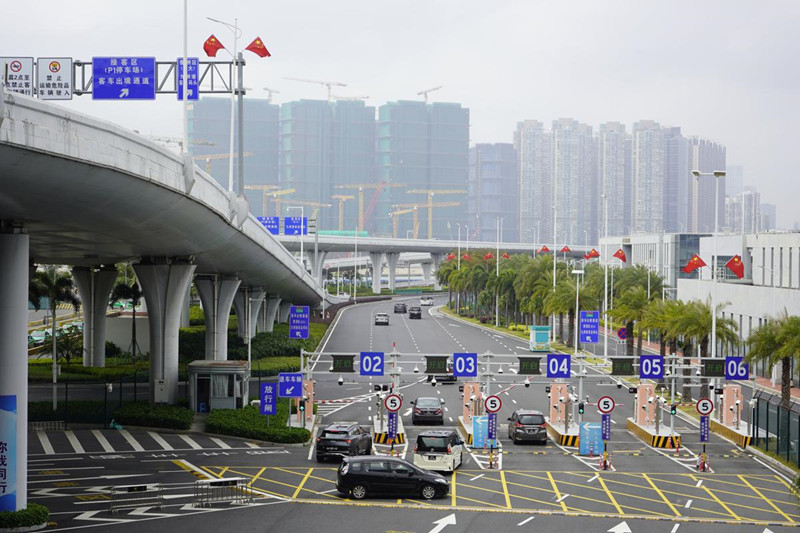
Single-plated vehicles from Hong Kong and Macao pass through the Hong Kong-Zhuhai-Macao Bridge. [Photo provided to chinadaily.com.cn]
The Guangdong-Hong Kong-Macao Greater Bay Area must take steps to align with high-standard international economic and trade rules, national political advisers said.
The economic zone should also aim to foster a unified, efficient and competitive market climate as well as fair, equitable and healthy legal safeguards for win-win cooperation, they said in remarks made at the seventh meeting of the Standing Committee of the 14th National Committee of the Chinese People's Political Consultative Conference, China's top political advisory body.
As countries navigate a complex and rapidly evolving global landscape, regional economic cooperation has gained in prominence, with a growing emphasis on establishing robust and consistent rules, they added.
The GBA should benchmark itself against the European Union in areas such as legal services, facilitation of Customs procedures, cross-border logistics, data flow and cross-border payments, said Jonathan Choi Koonshum, a member of the Standing Committee of the 14th CPPCC National Committee.
Doing so will enable the GBA to learn from the EU's advanced practices and incorporate them into its own policy framework, thus creating a world-class business environment that is market-oriented, law-based and internationalized, said Choi, who is also chairman of the Hong Kong-based Chinese General Chamber of Commerce.
The unique strengths of the Hong Kong Special Administrative Region in institutions, markets, capital, law and talent should be particularly leveraged in the process of embracing international standards, Choi said.
With its international connections, strategic location, advanced infrastructure and robust financial sector, Hong Kong plays an irreplaceable role in facilitating the flow of goods, capital and talent between China and the rest of the world, Choi added.
Meanwhile, the integrated development of the Macao Special Administrative Region with Hengqin New Area situated in Zhuhai city of Guangdong province should be accelerated, with a special focus on boosting the growth of the digital economy, said Li Changjin, a member of the Standing Committee of the 14th CPPCC National Committee.
Efforts on this front will help promote economic diversification and create a more resilient and balanced economy in Macao, said Li, who is also former vice-chairman of the All-China Federation of Industry and Commerce.
Leveraging its institutional and geographical advantages, Macao has positioned itself as an ideal hub for developing digital trade and facilitating the secure and efficient movement of data between it and the mainland, Li said.
To enhance data exchange efficiency and create favorable infrastructure conditions for the development of the digital industry, the construction of a new channel for the secure and reliable transfer of data between the mainland and Macao and Hong Kong should be expedited, Li added.
Over the years, the GBA has rapidly advanced in both physical and digital connectivity, leading to significant improvements in cross-border financial services, information integration, industrial and supply chains, and legal and taxation frameworks, Choi said.
These developments are not only benefiting businesses within the GBA but also generating positive spillover effects. The GBA serves as a model for high-standard opening-up and inspires other regions on the mainland to adopt similar strategies to improve their business environment and attract foreign investment, Choi added.
The total economic output of the GBA exceeded 14 trillion yuan ($1.93 trillion) in 2023, achieving one-ninth of China's total despite having less than 0.6 percent of the national territorial area, local authorities have said.



